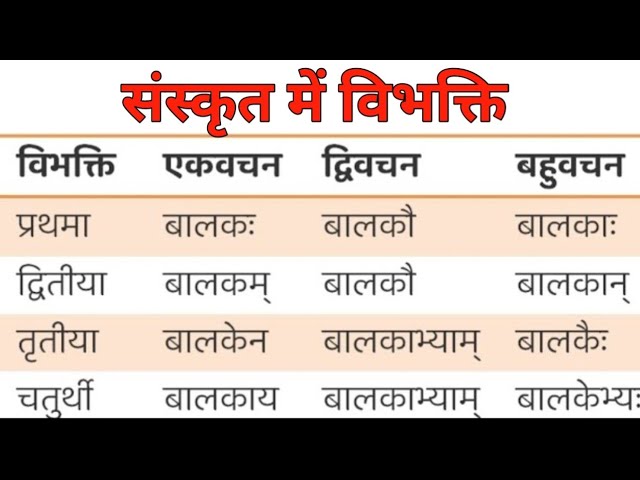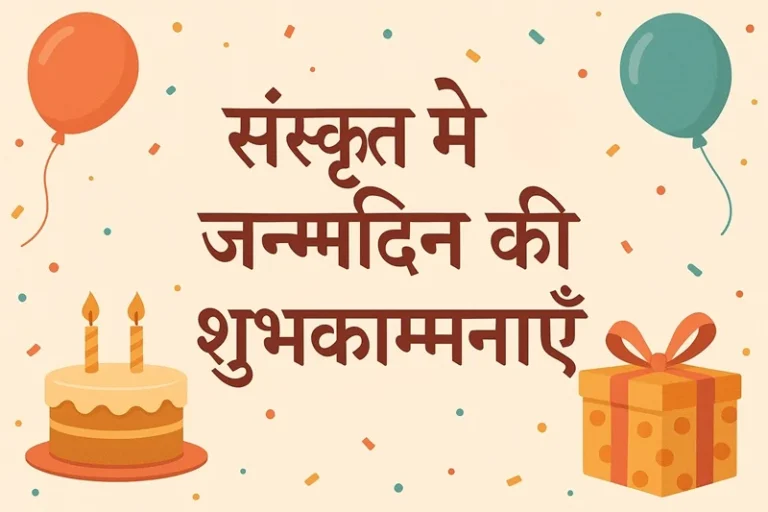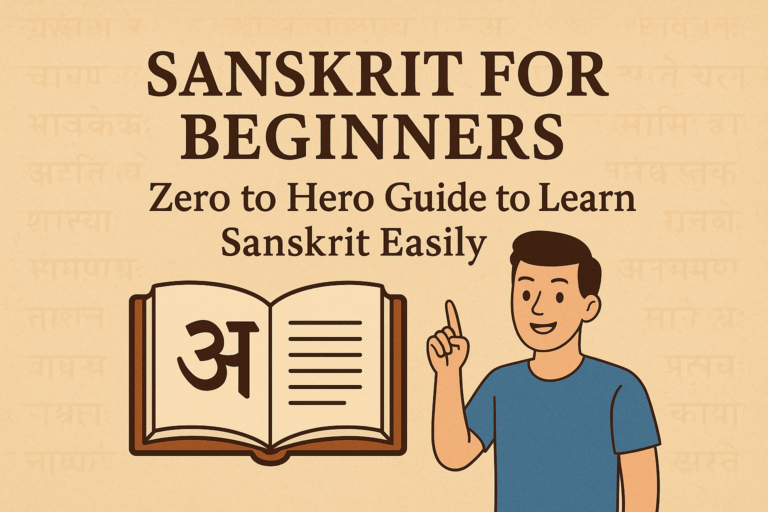Introduction:
Bhagavad Gita is the most popular book for Hindus. There are 4 Vedas, 6 Darshana, and 18 Puranas in the Hindu religion. This ancient book is one of the Puranas of 18 Puranas, which is the most popular. Geeta quotes teaches us about life, success, sadness, and every aspect of life. Lord Krishna is the most popular character in this story.
If you have any dilemma about your life, career, and family then you must read this. It was written by the famous guru of Nepal Ved Vyasa, who also written many other popular books.

Bhagavad Gita Quotes
Chapter 1
Verse 1
धृतराष्ट्र उवाच | धर्मक्षेत्रे कुरुक्षेत्रे समवेता युयुत्सवः |
Transliteration: Dhritarashtra uvacha: Dharmakshetre kurukshetre samaveta yuyutsavah
Hindi: धृतराष्ट्र ने कहा: धर्म क्षेत्र में, कुरुक्षेत्र में एकत्र हुए युद्ध के इच्छुक लोग
English: Dhritarashtra said: O Sanjaya, assembled in the holy land of Kurukshetra and eager to fight
Verse 2
सञ्जय उवाच | दृष्ट्वा तु पाण्डवानीकं व्यूढं दुर्योधनस्तदा |
Transliteration: Sanjaya uvacha: Drishtva tu pandavaneekam vyudham duryodhanastada
Hindi: संजय ने कहा: पांडवों की सेना को युद्ध के लिए व्यवस्थित देखकर, दुर्योधन
English: Sanjaya said: Seeing the Pandava army arranged in military formation, Duryodhana
Verse 3
अर्जुन उवाच | सेनयोरुभयोर्मध्ये रथं स्थापय मेऽच्युत |
Transliteration: Arjuna uvacha: Senayor ubhayor madhye ratham sthapaya me ‘cyuta
Hindi: अर्जुन ने कहा: दोनों सेनाओं के बीच में मेरा रथ खड़ा करें, हे अच्युत
English: Arjuna said: O Achyuta, place my chariot between both armies
Verse 4
श्रीभगवानुवाच | कुतस्त्वा कश्मलमिदं विषमे समुपस्थितम् |
Transliteration: Shri Bhagavan uvacha: Kutastva kashmalam idam vishame samupasthitam
Hindi: श्रीभगवान बोले: हे अर्जुन, यह मोह कहां से आया, यह विषम समय में
English: The Blessed Lord said: O Arjuna, from where has this delusion come to you in this crucial moment?
Verse 5
नैषा धर्म्यमनार्ययुज्यते | क्षुद्रं हृदयदौर्बल्यं त्यक्त्वोत्तिष्ठ परंतप |
Transliteration: Naisha dharmyam anaryajustam | kshudram hridayadaurbalyam tyaktvottishta parantapa
Hindi: यह धर्म के अनुकूल नहीं है। तुच्छ हृदय की दुर्बलता त्यागकर उठ, हे परंतप
English: This does not befit you, it is unbecoming of an Aryan. Give up this weak-heartedness and arise, O Parantapa
Verse 6
कर्मण्येवाधिकारस्ते मा फलेषु कदाचन |
Transliteration: Karmanyevaadhikaraste ma phaleshu kadachana
Hindi: तेरा कर्म करने में ही अधिकार है, फलों में कभी नहीं
English: You have a right to perform your prescribed duties, but never to the fruits thereof
Verse 7
योगस्थः कुरु कर्माणि सङ्गं त्यक्त्वा धनञ्जय |
Transliteration: Yogasthah kuru karmaani sangam tyaktvaa dhananjaya
Hindi: योग में स्थित होकर कर्म कर, और आसक्ति को त्याग, हे धनंजय
English: Perform your duties established in yoga, renouncing attachment, O Dhananjaya
Verse 8
सुखदुःखे समे कृत्वा लाभालाभौ जयाजयौ |
Transliteration: Sukhadukhe same kritvaa laabhaalaabhau jayaajayau
Hindi: सुख-दुःख, लाभ-हानि और जय-पराजय को समान मानकर
English: Having made happiness and distress, gain and loss, and victory and defeat the same
Verse 9
समत्वं योग उच्यते | योगः कर्मसु कौशलम् |
Transliteration: Samatvam yoga uchyate | Yogah karmasu kaushalam
Hindi: समत्व को योग कहा जाता है। योग कर्मों में कुशलता है
English: Equanimity is called yoga. Yoga is skill in actions
Verse 10
ध्यानेनात्मनि पश्यन्ति केचिदात्मानमात्मना |
Transliteration: Dhyanenaatmani pashyanti kechidaatmaanamaatmanaa
Hindi: कुछ लोग ध्यान के द्वारा आत्मा को आत्मा में देखते हैं
English: Some perceive the self in the self by the self through meditation
Verse 11
युक्ताहारविहारस्य युक्तचेष्टस्य कर्मसु |
Transliteration: Yuktaahaaravihaarasya yuktacheshtasya karmasu
Hindi: जो व्यक्ति संतुलित आहार और विहार करता है, और संतुलित कर्म करता है
English: For one who is moderate in eating, recreation, work
Verse 12
योगो भवति दुःखहा |
Transliteration: Yogo bhavati duhkhahaa
Hindi: योग दुःखों का नाश करता है
English: Yoga becomes the destroyer of pain
Verse 13
योगयुक्तो विशुद्धात्मा विजितात्मा जितेन्द्रियः |
Transliteration: Yogayukto vishuddhaatmaa vijitaatmaa jitendriyah
Hindi: योगयुक्त, विशुद्ध आत्मा वाला, जिसने आत्मा को वश में कर लिया है, और जिसने इन्द्रियों को जीत लिया है
English: One who is united with yoga, with a pure soul, self-controlled, having conquered the senses
Verse 14
युक्तो युक्तेषु कर्मसु |
Transliteration: Yukto yukteshu karmasu
Hindi: उचित कर्मों में लगा हुआ
English: Engaged in appropriate actions
Chapter 2, Verse 47
कर्मण्येवाधिकारस्ते मा फलेषु कदाचन।
Transliteration: Karmanyevadhikaraste ma phaleshu kadachana
Hindi: तेरे कर्म करने में ही अधिकार है, उसके फलों में कभी नहीं। बस तु अपने कर्म पर ध्यान दे।
English: You have the right to perform your duty, but not to the fruits thereof. Focus on your work alone.
Chapter 2, Verse 48
योगस्थः कुरु कर्माणि सङ्गं त्यक्त्वा धनञ्जय।
Transliteration: Yogasthah kuru karmaani sangam tyaktvaa dhananjaya
Hindi: तु आसक्ति त्याग कर तथा सिद्धि और असिद्धि में समान बुद्धि वाला होकर कर्तव्य कर्मों को कर।
English: Perform your duties established in yoga, renouncing attachment, and be even-minded in success and failure.
Chapter 2, Verse 50
बुद्धियुक्तो जहातीह उभे सुकृतदुष्कृते।
Transliteration: Buddhiyukto jahaatiha ubhe sukritadushkrite
Hindi: समबुद्धि युक्त पुरुष पुण्य और पाप दोनों को इसी लोक में त्याग देता है, अर्थात कर्म बंधन मुक्त होता है।
English: The wise man, established in yoga, renounces both good and evil actions in this life. Therefore, strive for yoga, which is the art of all work.
Chapter 2, Verse 52
यदा ते मोहकलिलं बुद्धिर्व्यतितरिष्यति।
Transliteration: Yada te mohakalilam buddhir vyatitariṣyati
Hindi: जिस समय तेरी बुद्धि मोह रूपी दलदल से पार हो जाती है, उस समय सभी वैराग्य प्राप्त हो जायेगा।
English: When your intellect transcends the confusion of delusion, you will attain indifference regarding things heard and yet to be heard.
Chapter 2, Verse 53
श्रुतिविप्रतिपन्ना ते यदा स्थास्यति निश्चला।
Transliteration: Shruti-vipratipanna te yada sthasyati nischala
Hindi: भांति-भांति के वचनों को सुनने से विचलित हुई तेरी बुद्धि जब परमात्मा में स्थिर हो जाएगी, तब योग को प्राप्त हो जायेगा अर्थात परमात्मा से नित्य संयोग हो जायेगा।
English: When your intellect, perplexed by the confusion of various doctrines, becomes immovable and firmly established in the self, you will attain yoga.
Chapter 2, Verse 56
दुःखेष्वनुद्विग्नमनाः सुखेषु विगतस्पृहः।
Transliteration: Duhkhesv-anudvigna-manah sukhesu vigata-sprhah
Hindi: जिसके राग, भय और क्रोध नष्ट हो गए हैं, ऐसा मनुष्य को स्थिर बुद्धि कहा जाता है।
English: One whose mind remains undisturbed amid sorrow, whose thirst for pleasure has altogether disappeared, and who is free from passion, fear, and anger, is called a sage of steady mind.
Chapter 2, Verse 57
यः सर्वत्रानभिस्नेहस्तत्तत्प्राप्य शुभाशुभम्।
Transliteration: Yah sarvatranabhisnehas tat tat prapya subhasubham
Hindi: जो पुरुष शुभ या अशुभ वस्तु का प्राप्त होकर न प्रसन्न होता है, न द्वेष करता है, उसकी बुद्धि स्थिर है।
English: He who neither rejoices on obtaining what is pleasant, nor laments on obtaining what is unpleasant, whose intelligence is steady, is unshaken in both.
Chapter 2, Verse 61
तानि सर्वाणि संयम्य युक्त आसीत मत्परः।
Transliteration: Tani sarvani samyamya yukta asita mat-parah
Hindi: जिसकी इंद्रियाँ वश में होती हैं, उसकी बुद्धि स्थिर होती है।
English: He who restrains his senses and fixes his mind upon me, is known as a man of steady wisdom.
Chapter 2, Verse 71
विहाय कामान्यः सर्वान्पुमांश्चरति निःस्पृहः।
Transliteration: Vihaya kaman yah sarvan puman carati nisprhah
Hindi: जिसने संपूर्ण कामनाओं को त्यागकर ममता रहित, अहंकार रहित होकर विचरता है, उसने शांति को प्राप्त कर लिया है।
English: He who abandons all desires, lives free from longing, devoid of egoism and the sense of ownership, attains peace.
Conclusion:
By learning these Bhagavad Geeta quotes you can transform your thinking pattern and can change many aspects. Try to learn and memorize all the quotes in Sanskrit as well which gives you extra vibration. Learn and chant this mantra every morning and see the amazing result in less than one month. Given lines are for everyone, there is no discrimination of gender, religion, or thoughts.





